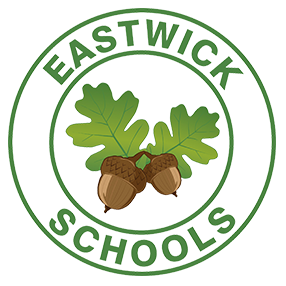Spelling
Phonics
In Reception and Year 1, children learn phonics and spelling patterns through their phonics programme, Letters and Sounds. See our Reading page for more details.
No Nonsense Spelling
Aims
In Year 2 to Year 6, we use No Nonsense Spelling. This resource embraces knowledge of spelling conventions (patterns and rules), but integral to the teaching is the opportunity to promote the learning of spellings including National Curriculum statutory words, common exception words (where phonics does not work because it is spelt in an unusual or uncommon way) and words that children personally find difficult. It is often the case that children can spell words correctly in their weekly spelling test, but are unable to apply the correct spelling in writing. No Nonsense Spelling focuses on the application of spellings into writing.
Organisation
The programme is broken down into half-termly plans. The plans follow a model of six spelling sessions across two weeks, except in Year 2 where sessions are daily. Each lesson is approximately 10 to 15 minutes long, but lesson plans are flexible so that the teaching can reflect the extra time needed on a teaching point if required.
Tips for learning spellings at home
There is little evidence that the traditional practice of learning spelling lists at home and being tested on them is effective. However, there is a high expectation within the National Curriculum 2014 that pupils will learn many increasingly complex words.
Within the sessions a range of strategies for learning spellings are introduced and practised. This enables pupils to choose the strategies they find most effective for learning different words.
Each week the children (Y2-Y6) will bring home a list of spellings which they have been learning in school. We ask that the children learn the spellings using the different strategies detailed below as this enables the children to practise the spelling rules, understand the meaning of the words and apply them to writing.
Strategies for learning spellings
Throughout the week, children will practise these words to ensure that they have transferred from their short-term memory to their long-term memory, resulting in spelling fluency and accuracy when writing. There will be no formal weekly spelling tests, but an assessment at the end of a unit to identify any gaps in learning as a teaching point for the next unit.

